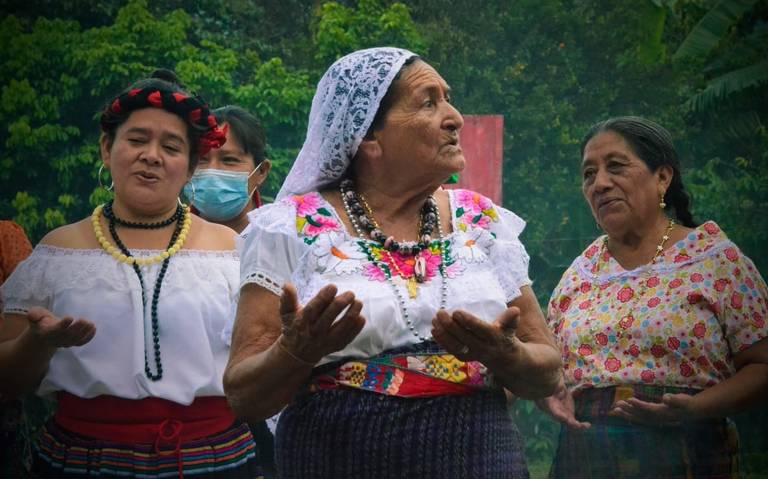In rural areas, Indigenous and Afro-descendant communities continue to suffer from the encroachment of organized crime. In this context, Andrés Manuel López Obrador's administration has implemented reforms that have not improved the material conditions of these communities. Unfortunately, president-elect Claudia Sheinbaum endorses both the military’s presence in these regions and the outgoing president’s national security policy.
In Mexico, we have just completed an electoral process that gave us the first female president in the country’s history. Without a doubt, this is something to celebrate, but the joy was fleeting (lasting only a moment) due to signs of continuity of a neoliberal agenda disguised as a push for social rights. In reality, the persistence of these policies undermines the principle of progressivity of internationally recognized rights, harming the general population and Indigenous peoples, in particular.
As is widely known, the federal executive, represented by the President of the Republic, Andrés Manuel López Obrador (AMLO), has made it a habit to discredit those of us who dare to say: “Mr. President, international standards for consulting Indigenous peoples must be upheld.” This situation is worsened by the presence of organized crime in various regions of the country, particularly in rural areas inhabited by both Indigenous and non-Indigenous communities. For some, organized crime has already become authorized crime.
The lack of legal (and even a moral) obligation, as well as the lack of expertise and diligence to stop the exodus of entire communities casts doubt on the seriousness of the actions the Mexican federal government designs and implements to safeguard Indigenous and rural territories. Could it be that, for AMLO and his government, the communities forced into displacement are too few to represent the millions of Mexicans? If so, does one life not matter as much as thousands? In that case, is the life of a few not worth saving if the rest are not living the nightmare of organized crime with the tacit approval of the authorities?
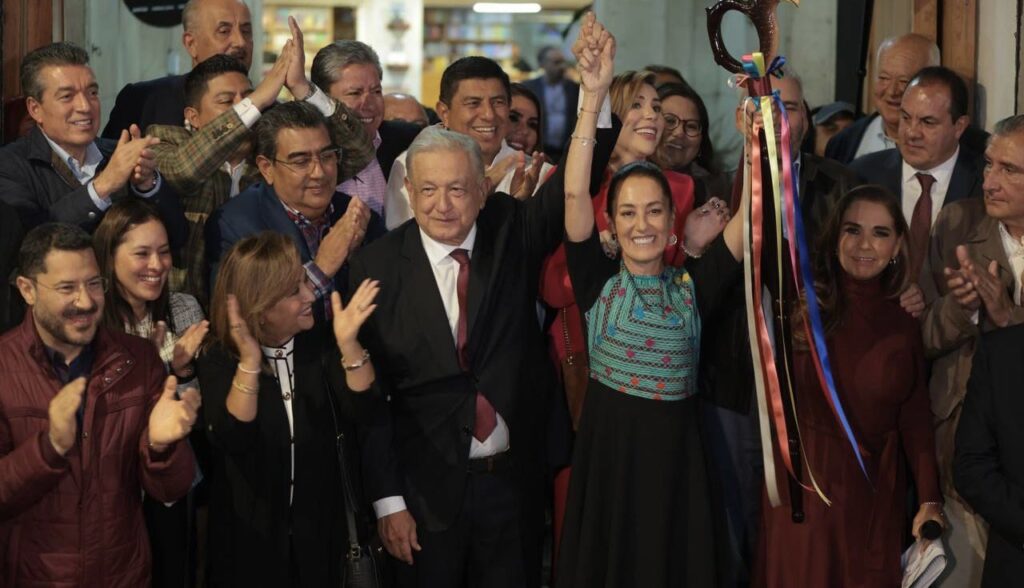
Reforms that don’t help
The reforms implemented by the outgoing administration have regulated the rights of Indigenous and Afro-descendant peoples. However, rather than strengthening their reinforcement, these reforms have forced them to conform to the preexisting unequal unitary pluralism institutionalized in Article 2 of the Constitution (enacted in 2001 and amended in 2019). Furthermore, the proposed reforms, particularly in Indigenous matters, undermine the 2011 Human Rights constitutional framework. The most significant reforms are the following:
- The proposed amendment to Article 2 of the Political Constitution of the United Mexican States, which seeks to recognize Indigenous peoples as subjects of public law, recently approved by the Chamber of Deputies.
- The reform to the Health Law regarding traditional and Indigenous midwifery, alongside the corresponding National Policy on Traditional Medicine and Midwifery.
- The decree establishing the National Catalogue of Indigenous and Afro-Mexican Peoples and Communities.
In addition to the above, the National Council of Indigenous Peoples, a body created within the Federal Government known as the National Institute of Indigenous Peoples, drafted a judicial reform proposal. The central focus of this proposal is that the Federal Judiciary should incorporate the principles of multiculturalism, interculturality, legal pluralism, and gender equality, while also recommending Indigenous quotas for positions within the justice system. Below, we address the most relevant points.
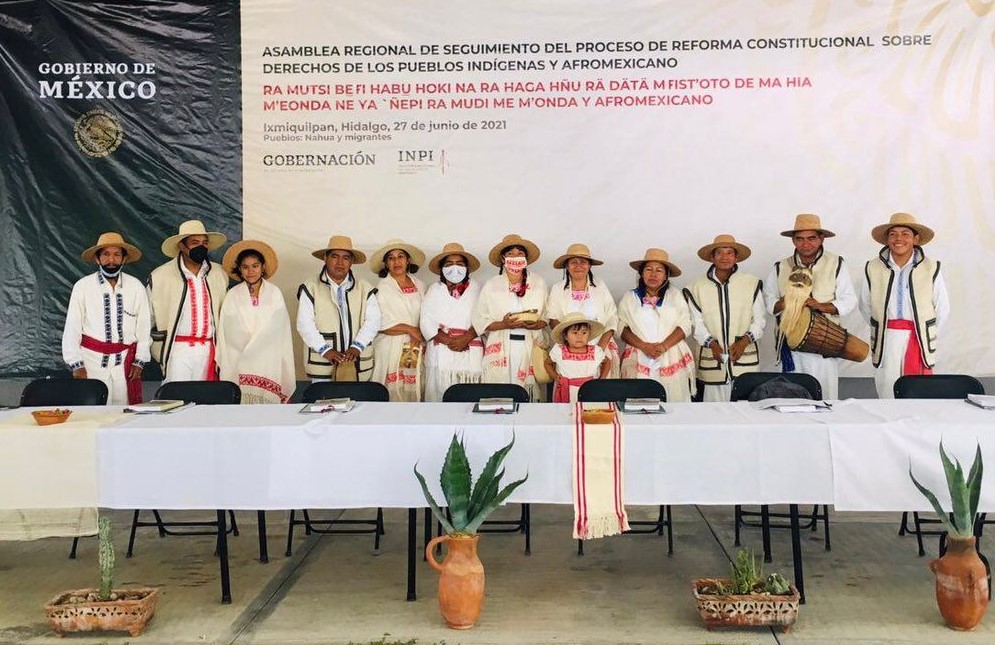
Article 2 of the Mexican Constitution
Let us remember that in August 2001, Article 2 of the Political Constitution of the United Mexican States was amended to recognize Indigenous peoples as subjects of public law. In that amendment, the criterion of “consciousness of being” was established as a mechanism of “self-identification” for the self-designation of Indigenous peoples and individuals.
However, in the current reform, approved this year by the Chamber of Deputies, the paragraph that established consciousness of being Indigenous as a criterion for recognizing Indigenous peoples and individuals was removed. The remaining paragraph states: “For the recognition of Indigenous peoples and communities, in addition to the general principles established in the previous paragraphs of this article, ethnolinguistic, physical settlement, and self-identification criteria must be considered.”
Reforms that claim to support Indigenous or Afro-descendant peoples fail to address the structural roots of inequality in racism, discrimination, paternalism, assimilationism, and racialization.
Reforms that claim to support Indigenous or Afro-descendant peoples fail to address the structural roots of inequality.
As a result, the condition for recognizing subjects of public law with legal personality and their own assets was added. “Indigenous peoples and communities are recognized as subjects of public law with legal personality and their own assets.” This is commendable as it opens the door to realizing the long-standing demand (since the Zapatista uprising and the San Andrés Accords) for the recognition of a fourth level of government, beyond the federal, state, and municipal levels. However, instead of amending Article 115 which outlines the structure of the state, only Article 2 of the Constitution was modified. And so what happened? It is likely that the representatives of the status quo resisted sharing power with Indigenous peoples.
Meanwhile, in the municipality of Chicomuselo (Chiapas), communities mobilized against barite mining. The response from organized crime was violent: they forcibly displaced dozens of communities. Equally troubling has been the state’s tolerance of this violence. How will Indigenous communities effectively assert their right to be subjects of public law, exercise their authority, and protect their territories? The Huichol people face a similar struggle, being suffocated by organized crime, and their leader, Maurilio Ramírez Aguilar, was kidnapped. Thus, reforms that claim to support Indigenous or Afro-descendant peoples fail to address the structural roots of inequality in racism, discrimination, paternalism, assimilationism, and racialization.
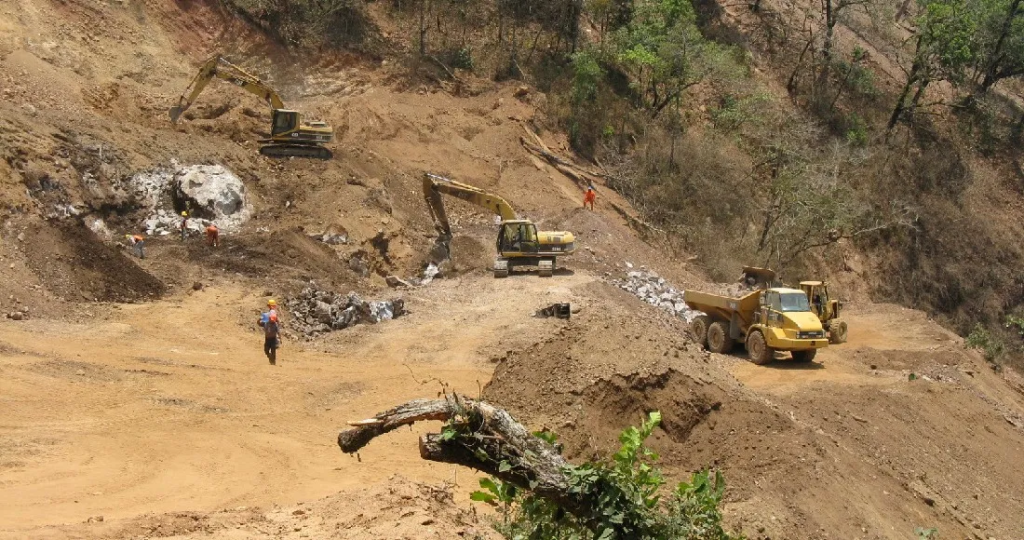
Indigenous and traditional midwifery
The reform to the Health Law concerning traditional and Indigenous midwifery is significant because it recognizes the biocultural knowledge of Indigenous and Afro-descendant peoples. However, the problematic practices within the public health system in its interactions with these communities, particularly with women and men practicing traditional midwifery, suggest that its implementation will be very challenging until fundamental racism within the sector, as well as the attitudes of operators and their practices, are addressed.
Although the government has established protocols for health personnel to implement these laws, local and national midwifery movements, as well as the National Agenda for Traditional Midwifery, highlight the risks and dangers of not starting from within to address these issues. In essence, they argue arrogant, colonial, racist, and hegemonic attitudes within the health sector towards traditional knowledge and Indigenous medicine obstruct the effective implementation of Indigenous midwifery.
Given the criminalization they have faced, midwives are skeptical about the development of an official standard that will fulfill this objective, which violates the right to consultation according to international standards. Additionally, there is a risk of perpetuating clientelism, imposition, privileges, and inequality, even among those practicing traditional midwifery. This is particularly relevant as it concerns both Indigenous midwives and those who gain this knowledge under privileged conditions and demand the same treatment.
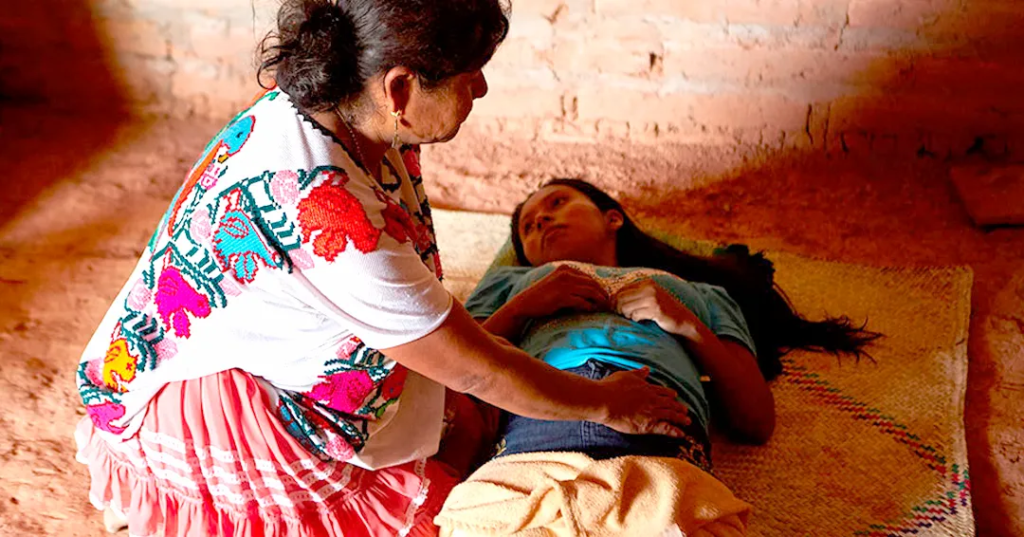
Bureaucratization and the lack of representation
The National Catalogue of Indigenous and Afro-Mexican Peoples and Communities aims to facilitate access to resources for communities that possess their identification cards. This raises concerns about why bureaucratic processes are being increased for peoples already facing megaprojects, organized crime, and forced displacement, especially when official databases already exist. What will happen to groups that are also part of the multicultural landscape but are privileged by colonialist policies, such as the Mennonites who have devastated the Yucatán Peninsula?
Furthermore, the National Council of Indigenous Peoples (CNPI) has proposed reforms to the Federal Judiciary to more closely align it with principles of multiculturalism, interculturality, legal pluralism, and gender respect. The proposal highlights Indigenous jurisdiction in so far as “The Federal Judiciary must coordinate with Indigenous peoples and communities to respect and exercise Indigenous jurisdiction (…). In circuits with Indigenous and Afro-Mexican populations, efforts should be made to ensure that proposals are considered from individuals who meet the specified requirements and are familiar with the Indigenous culture and language of the jurisdiction”.
What is concerning about the CNPI is that it is not a representative body of Indigenous people and was established without following international consultation standards. Additionally, the proposal fails to address the root causes of structural inequality, and, in the current context of violence and human rights violations, the reforms appear to be superficial rather than substantive. They seem to only seek to change bureaucracies and reinforce old political elites or replace some with new ones. In practice, these reforms do not eliminate privileges or close the gaps in inequality and the implementation of rights for all.
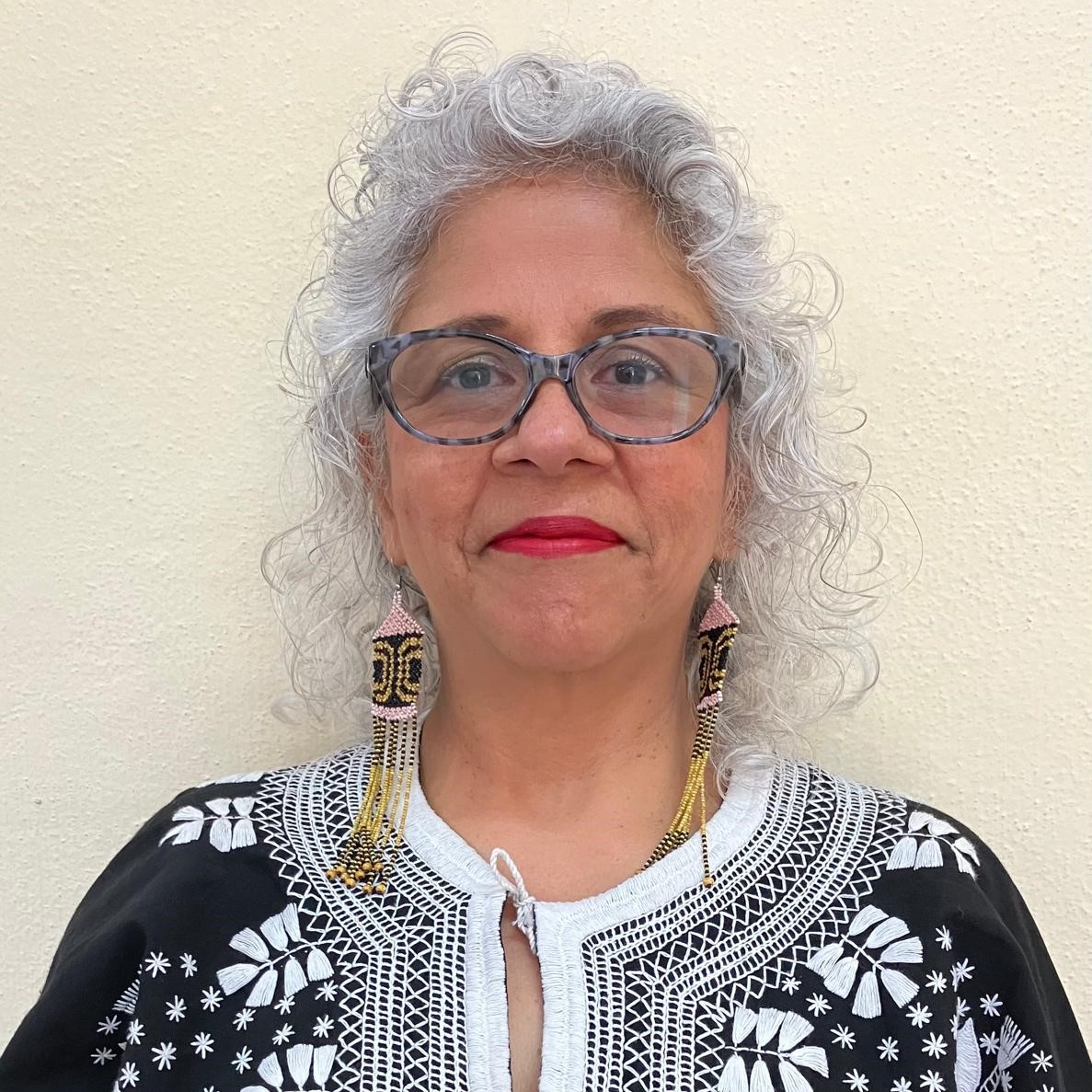
Elisa Cruz Rueda is both a lawyer and anthropologist. She is currently a professor at the School of Indigenous Management and Self-Development at the Autonomous University of Chiapas.
